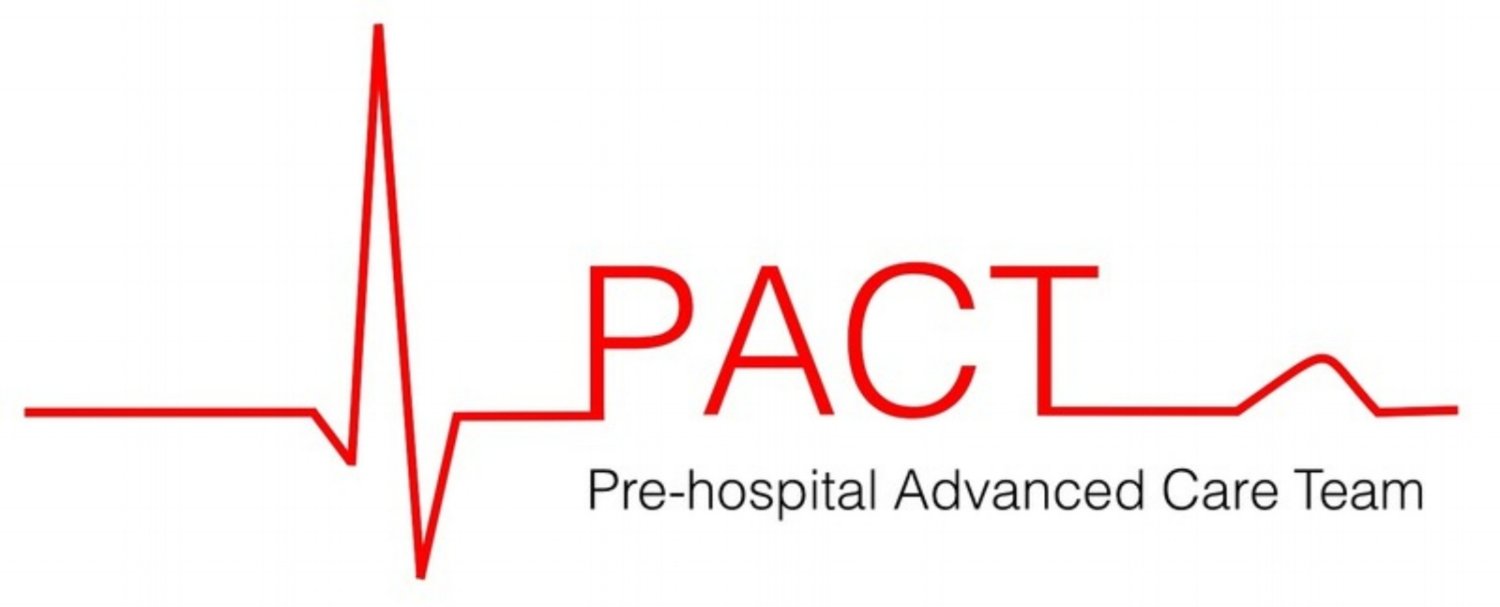See below our range of clinical grades. All health care professionals are registered with there specific registering body.
Doctors- General Medical Council (GMC), Nurses- Nursing and Midwifery Council (NMC), Paramedics- Health and Care Professions Council (HCPC), Physiotherapists: Health and Care Professions Council (HCPC)
Emergency Department Consultant: A member of staff holding a degree in medicine with a Fellowship Membership of the Royal College of Emergency Medicine, the highest grade available in the ED. This grade oversees the clinical provision within the ED both assessing and treating medical and trauma emergencies, as well as providing supervision to other clinicians.
Anaesthetic and Intensive Care Specialist: This is a senior doctor in intensive care or anaesthesia whom provides specialist input for any patient requiring advanced airway interventions and anaesthesia, such as patients requiring emergency sedation for medical procedures or admission to intensive care units.
Advanced Clinical Practitioner (ACP): An Advanced Clinical Practitioner (ACP) is a new breed of senior clinician. Although having been around in some form or another for more than a decade; the modern ACP is a robust, experienced and reliable leader within the medical community. ACPs have a background in a plethora of fields but the vast majority are raised from Nurses or Paramedics. An Advanced Clinical Practitioner can work in many different environments but fundamentally work within a scope of practice laid out by the speciality college, for example the Royal College of Emergency Medicine.
Currently, PACT only utilise Emergency Care and Critical Care ACPs.
Emergency Nurse/Care Practitioner (ENP/ECP): This grade of staff come from a variety of backgrounds including Paramedics, Nurses and Physiotherapists. They are specialists in minor injury and minor illness management. These practitioners mainly work in the minors area of A&E departments or in GP surgeries/Urgent Care Centres where they deal with a variety of presentations including suturing and interpreting X-rays. Some also have prescribing rights.
HCPC Paramedics: Paramedics are pre-hospital experts in the stabilisation and treatment of the critically ill and injured. They have a variety of skills such as cannulation and a multitude of emergency medications to use in the event of a medical or traumatic emergency, coupled with their diagnostic ability and a high level of autonomy. Paramedics respond on ambulances and can also work in our medical centres to see and treat patients.
NMC Nurses: Our nurses assist us on large events where they are crucial team members within the ED overseeing triage and treatment through to the administration of drugs and support the resuscitation of the critically ill and injured patients. They are truly the backbone of any ED. PACT has a dedicated nurse in charge on each shift whom is responsible for the management of the ED. PACT also utilise mental health nurses where needed to specifically support patients who are suffering with mental health presentations.
Ambulance Technicians: Technicians are the pillar of the pre-hospital and event medical provision. They are ambulance clinicians that have a vast knowledge of the assessment and treatment of medical and trauma emergencies. They can either work solo or with another clinician such as a paramedic or technician. Technicians can also administer life saving medication for emergencies including asthma and anaphylaxis.
Health Care Assistant (HCA): Health Care Assistants support nursing staff by monitoring patient’s vital signs and completing certain treatments where needed. They may have additional skills such as plastering broken bones and cannulation.
Emergency Care Assistants (ECA): ECAs are staff who work aboard ambulances assisting clinicians such as paramedics and technicians. They hold unique qualifications which allow them to support paramedics and administer certain medications; they are perfectly suited to support any event ambulance provision or medical centre.
Advanced Life Support Resuscitation Officer (ALSRO): This grade of staff holds a specific qualification in the instruction of Advanced Life Support from the Resuscitation Council (UK). They are responsible in overseeing, team leading and responding to medical and trauma emergencies and the deteriorating patient within the ED and in the field where required.
First Responder: A member of staff who holds a minimum of a 5 day course in either First Response Emergency Care (FREC) or First Person on Scene (FPOS). They are trained to assess a situation, provide immediate first aid, and establish the patient’s previous medical history. They have all the skills a first aider has but has more knowledge in medical and trauma emergencies, caring for the critically ill patient before further care arrives and can administer oxygen as well as basic airway adjuncts. This grade is similar to that of community first responders.
First Aider: This is a member of staff who would hold a minimum of a 2-day first aid qualification. They are to act as mobile patrols and to respond to incidents. They would always be supported by our onsite clinicians if required and all receive mandatory training and clinical induction before becoming operational with PACT. First aiders are the back bone of event medical teams as they can be the difference between life and death especially with a patient who is found to be in cardiac arrest where CPR and defibrillation is paramount. This grade of staff can be identified by the grey PACT polo shirt.
Physiotherapist: Physiotherapists help a variety of people affected by injury, illness or disability through movement and exercise, manual therapy, education and advice. Our physiotherapist are key members of the team at sporting events to help those injured during sport. We have physios who are also emergency practitioners and are able to prescribe, undertake treatments including taping and provide acute treatments such as acupuncture.
Specialist Practitioners: Specialist practitioners vary within the PACT team from Sports Therapists through to Foot Health Practitioners. They may also hold other qualifications such as IHCD ambulance technicians through to play therapy, and alternative treatments.


